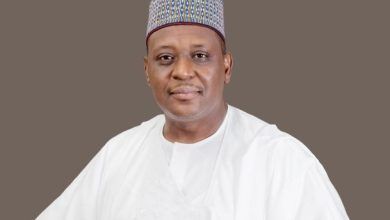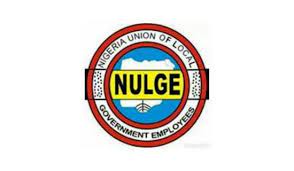
Mali, Burkina Faso, and Niger have announced a new 0.5% levy on imported goods from Nigeria and other member-nations of the Economic Community of West African States (ECOWAS). The move, which takes effect immediately, is part of their plan to fund the activities of a new economic and political bloc formed by the three countries.
The decision was made on Friday, according to an official statement from the trio, and will apply to all imports coming from outside the three nations. However, humanitarian aid will be exempt from the levy. The statement did not provide further details on how the funds will specifically be used, only noting that they would support the bloc’s ongoing activities.
This new levy signals the end of the decades-old free trade arrangement under ECOWAS, which has historically connected West African countries in a shared economic space. It also highlights a growing divide between the trio of desert-bordering nations and other influential West African democracies, such as Nigeria and Ghana.
The three countries, which are currently governed by military juntas that took power through coups in 2023, have already formed the Alliance of Sahel States, a security pact created following their exit from ECOWAS. This alliance has evolved into aspirations for a broader economic union, with plans to strengthen military and financial integration, including the introduction of biometric passports.
The departure of Mali, Burkina Faso, and Niger from ECOWAS came after they accused the regional bloc of failing to provide adequate support in combating Islamist insurgencies and addressing security challenges in their countries. In response, ECOWAS imposed economic, political, and financial sanctions on the three nations in an attempt to pressure them to return to constitutional order, but these efforts have had little effect so far.
As these three countries forge a new path outside the ECOWAS framework, the region is witnessing a significant shift in political and economic dynamics.





